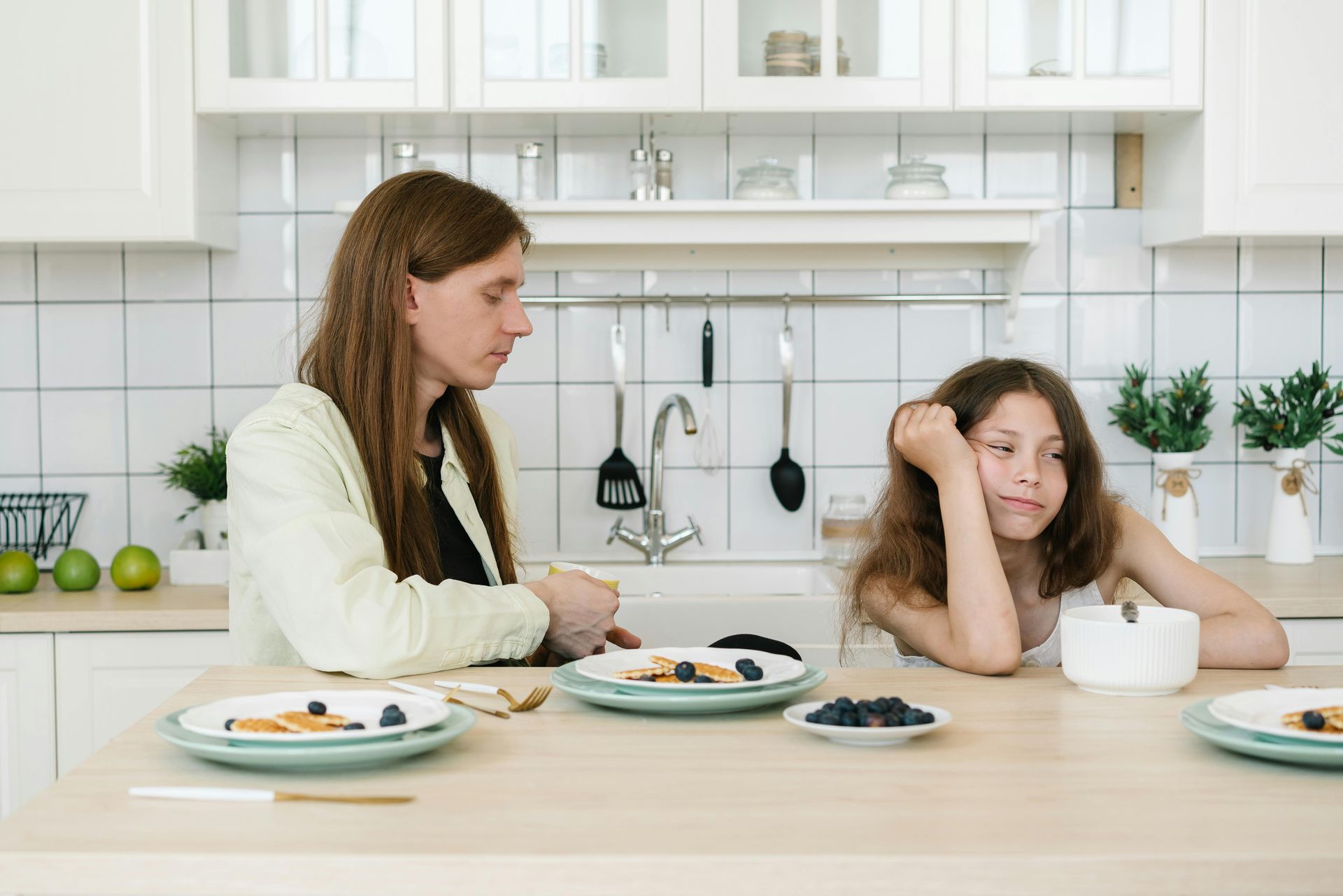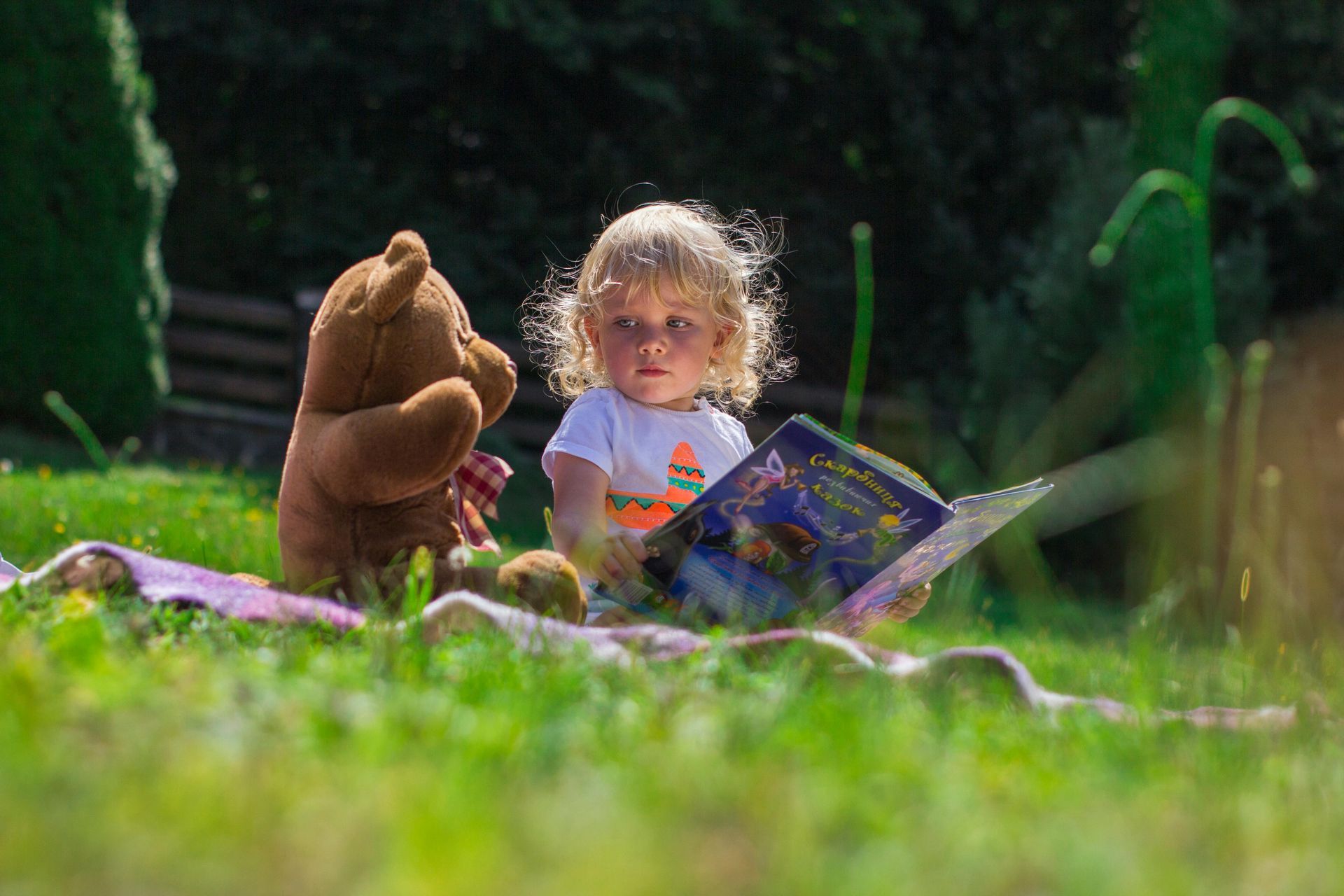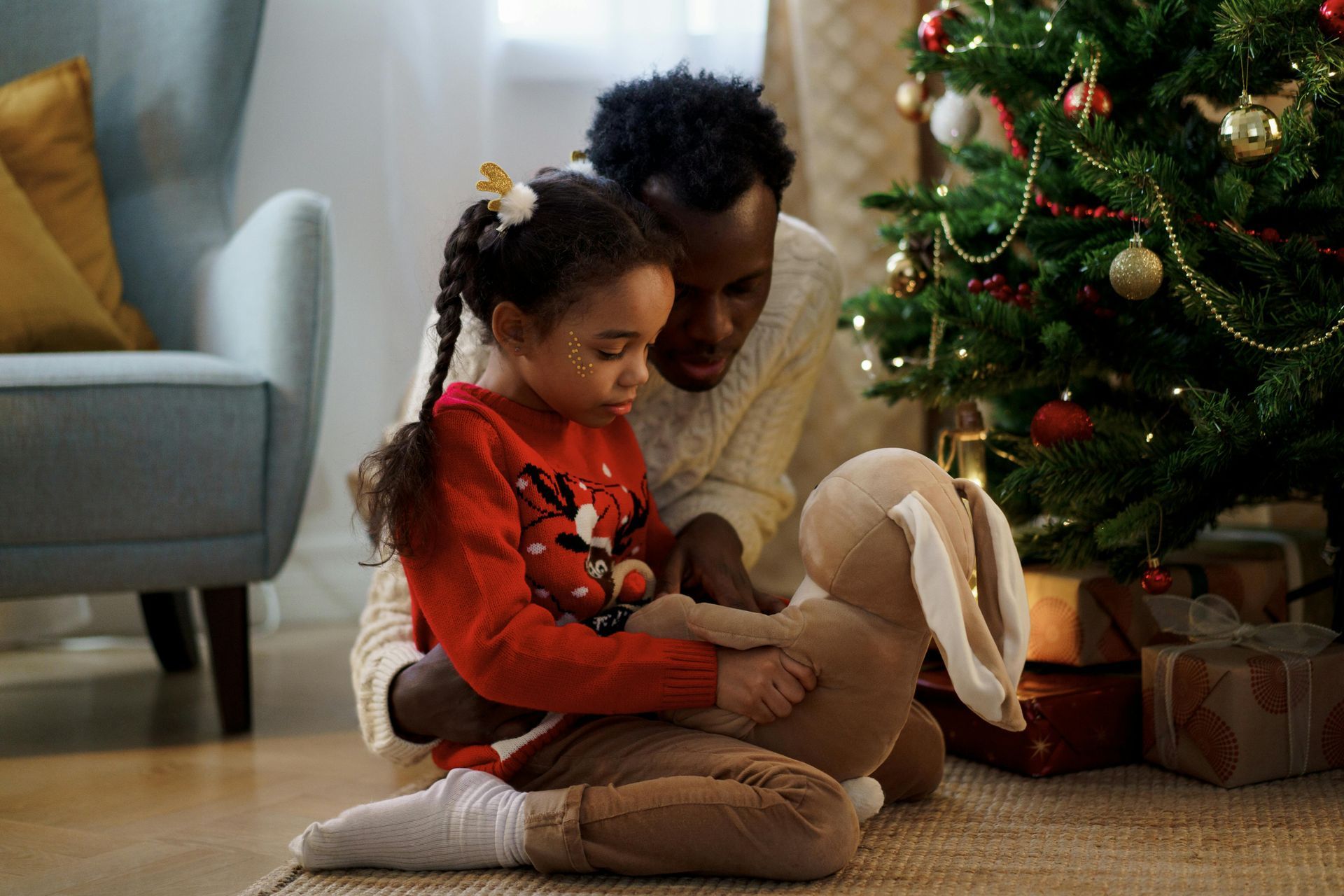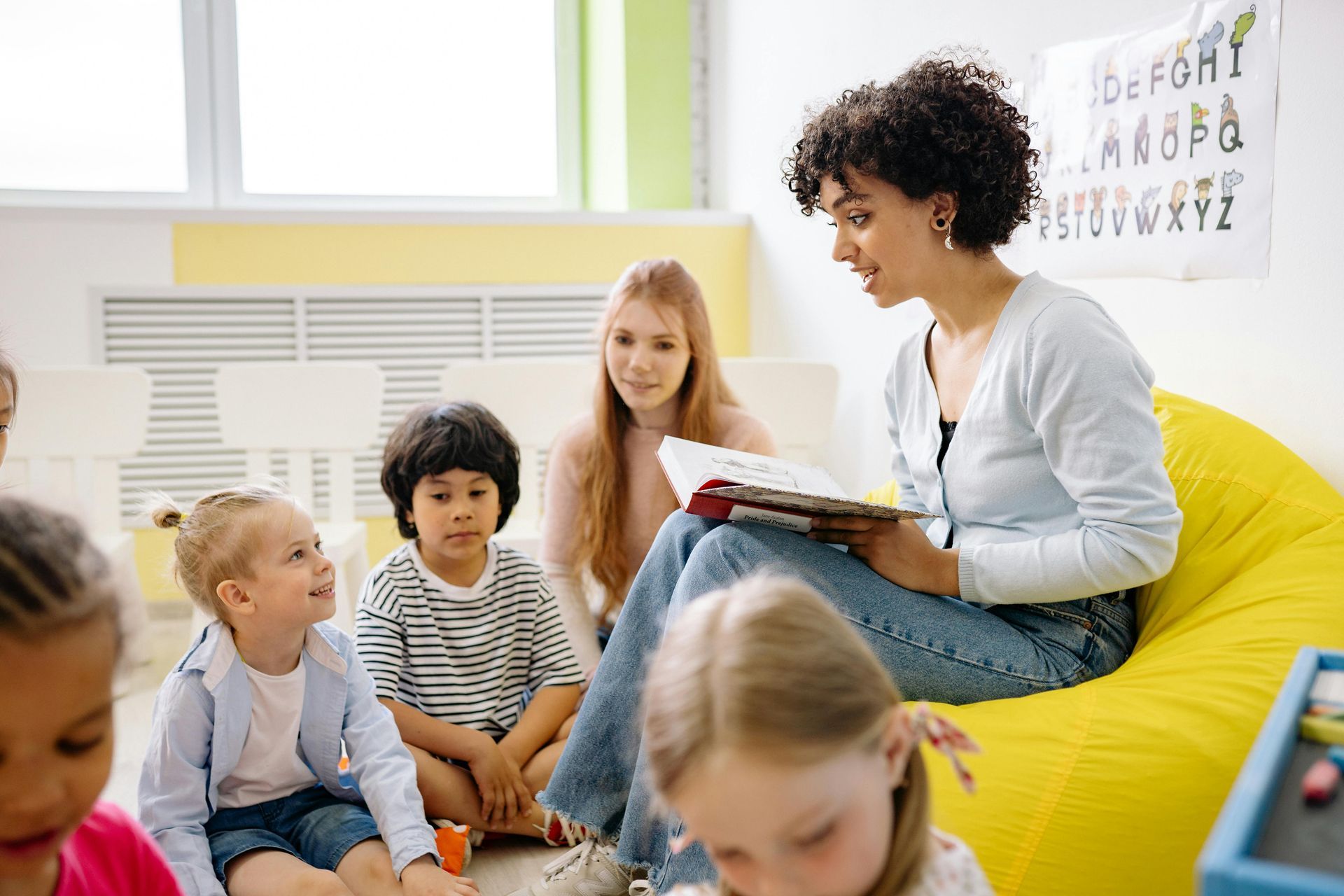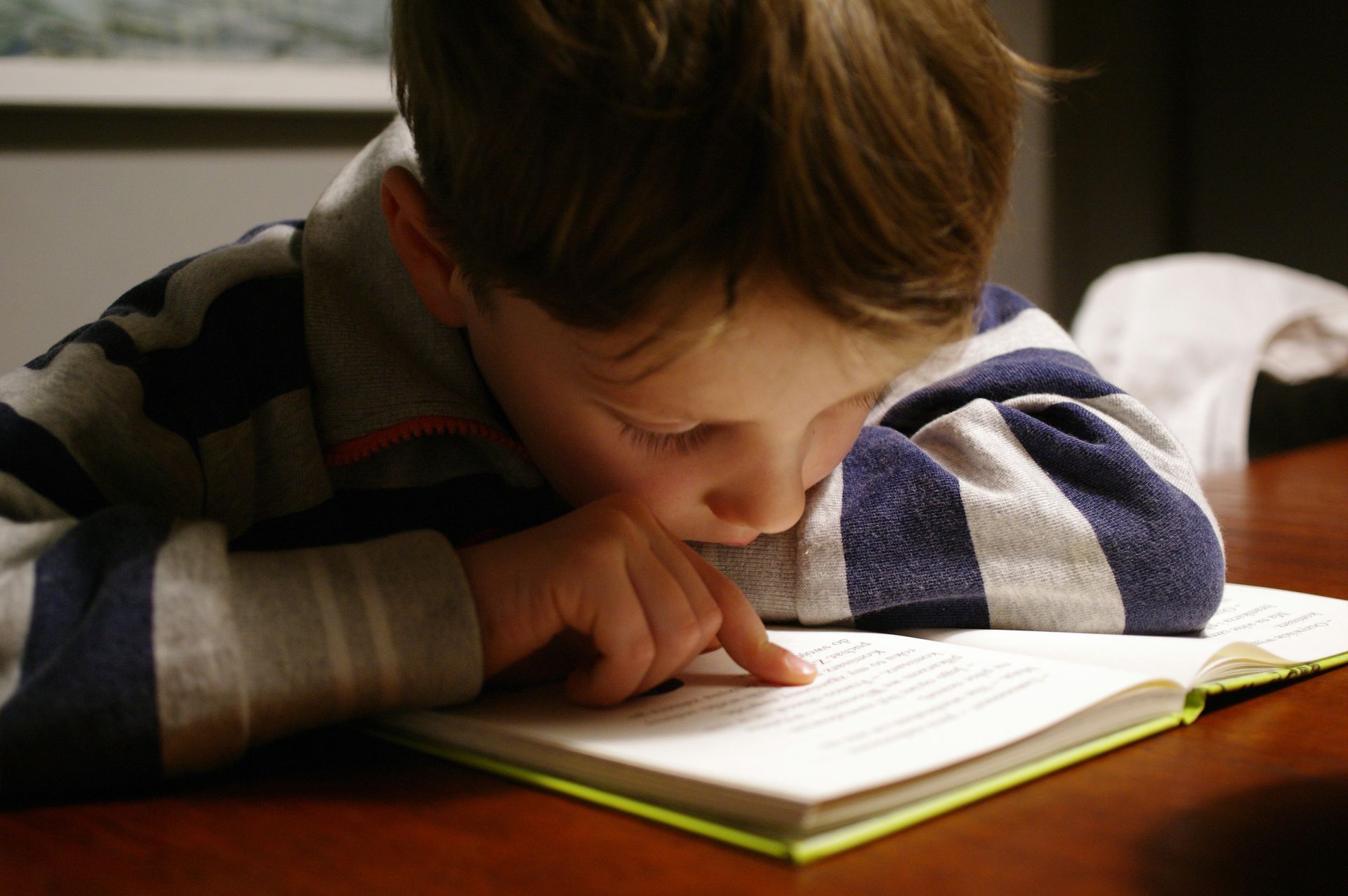Celebrating Small Wins for Big Confidence: Empowering Children through Positive Reinforcement
In the journey of childhood development, acknowledging small achievements is crucial in building a child's self-esteem and confidence. This blog explores why these celebrations are essential and how they can positively impact a child's emotional health.
The Power of Positive Reinforcement
Recognizing small successes is not just about giving praise; it's about fostering a sense of accomplishment and pride in children. This reinforcement helps them associate positive feelings with their efforts and achievements, which is key to building their self-esteem.
The Importance of Acknowledging Small Achievements Children are in a constant state of learning and growth. Each new skill or improvement, no matter how minor, is a stepping stone towards greater self-assurance. By celebrating these moments, parents can reinforce that effort is as crucial as the outcome, encouraging children to embrace learning and growth.
Detailed Strategies for Celebrating Small Achievements
- Specific Praise: Instead of general praise, be specific about what the child did well. This helps them understand what actions led to the positive feedback.
- Reward Charts: Implement a system where children earn stickers or marks for positive behaviours or milestones, which can later be exchanged for a reward.
- Creating a ‘Success Journal’: Encourage children to keep a journal where they can write down or draw about their daily successes.
- Ceremonial Rewards: Occasionally, arrange small ceremonies to celebrate a series of achievements, making the recognition more special and memorable.
How Small Wins Build Confidence
Each time a child is praised for their efforts, they receive a potent message: they are capable, and their actions have value. This builds their self-worth and motivates them to take on new challenges. Over time, these small victories accumulate, significantly enhancing a child's confidence and resilience.
Encouraging a Growth Mindset
Celebrating small wins also promotes a growth mindset. This mindset, focused on effort and continuous improvement, teaches children that they can grow and succeed through hard work and persistence. It helps them understand that setbacks are just part of the learning process and not a reflection of their abilities.
The Role of Parents and Educators
Parents and educators play a vital role in this process. By setting a positive example and consistently applying these strategies, they can effectively support children's emotional and psychological growth.
By recognising and celebrating small achievements, parents and educators can significantly enhance a child’s confidence and encourage a healthy, positive approach to challenges. This practice not only supports their current emotional needs but also lays the groundwork for them to become resilient, self-assured adults. Let's start celebrating those small wins with the enthusiasm they deserve!

Design & Build by Kangaroo UK

